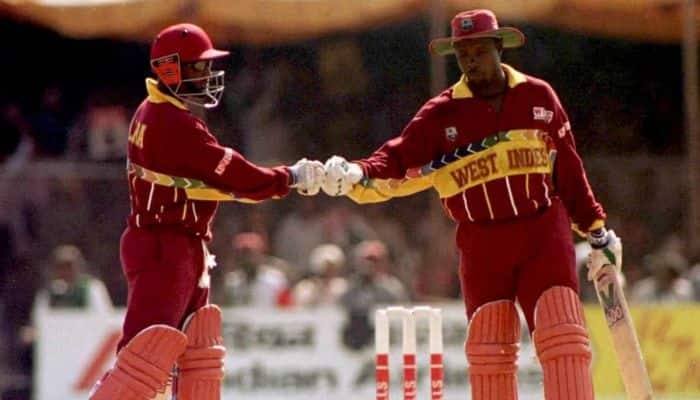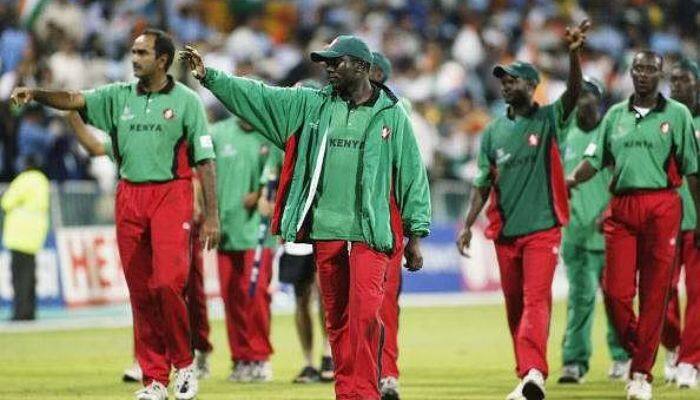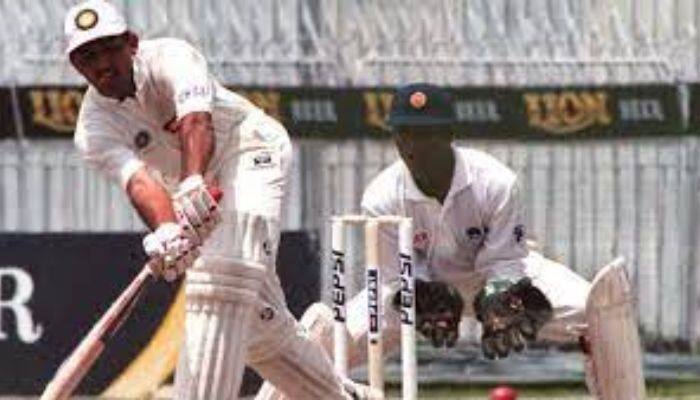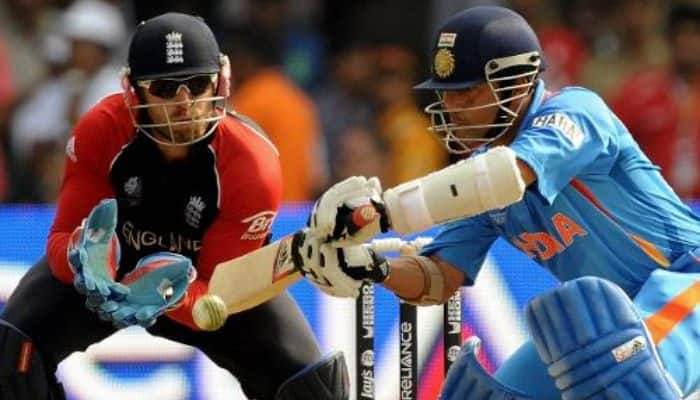7 Instances When Countries Refused To Play Cricket World Cup Match - In Pics
Cricket, often hailed as a gentleman's game, has witnessed its fair share of dramatic moments that extend beyond the boundaries of the pitch. While the sport's essence lies in the thrill of competition, there have been instances where geopolitical tensions, security concerns, and unforeseen events have compelled countries to withdraw or refuse to play in Cricket World Cup matches. These episodes provide a unique glimpse into the intricate interplay between sports, politics, and security on the global stage. Let's delve into a selection of memorable moments when cricketing battles were influenced by factors beyond the pitch, shaping the narratives of World Cup tournaments.
)
A terrorist attack by LTTE in Sri Lanka led Australia to refuse travel, giving Sri Lanka a walkover. The teams met in the final, with Sri Lanka winning their maiden World Cup title.

Despite assurances of security, West Indies backed out due to safety concerns. Sri Lanka topped their group with a perfect record, while West Indies reached the quarters but was eventually eliminated.

Political unrest in Zimbabwe led British PM Tony Blair to order England's withdrawal. The ICC denied venue alteration, giving Zimbabwe a walkover. The result impacted England's qualification, alongside Australia, India, and Zimbabwe.

Security concerns made New Zealand hesitant to travel to Kenya. The Kiwis forfeited their match, granting Kenya four points. This advantage carried to the Super Sixes, allowing Kenya to reach the semifinals for the first time.

In the semifinals, India refused to continue the match against Sri Lanka due to crowd disruption. The game was awarded to Sri Lanka, who eventually reached the final.

England refused to travel to Kolkata for their group match due to security worries over a stadium stand. The game was moved to Bangalore, affecting both teams' travel plans.

PCB threatened to boycott the ICC ODI World Cup 2023 in India, adding tension to the historic rivalry. Diplomatic and security issues further intensified the situation.
